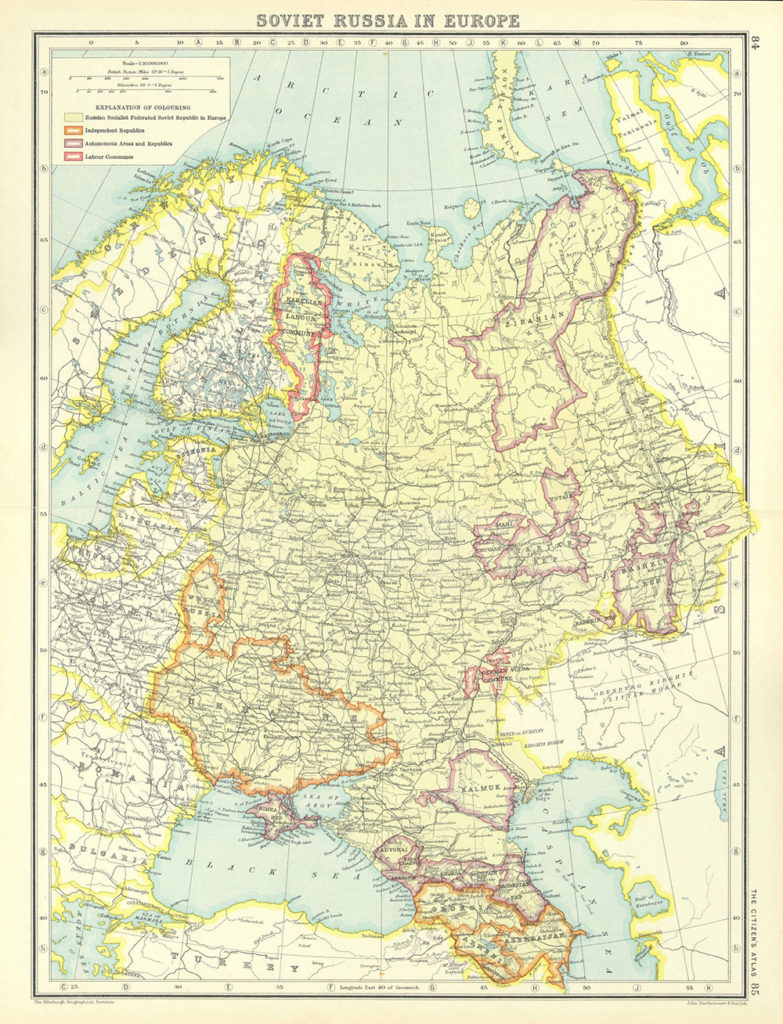Being a beginner researcher is exciting, but at the same time, you need help finding your place in research. Especially when you discover things beyond the discipline you have studied for six years. It happened to me when I opened a field of critical cartography for myself. Academic cartography in Europe is a technical and engineering field with little possibility of studying maps in a socio-historical context. When I decided to take the academic path, I felt frustrated that so few people in cartography were interested in critical research.
Luckily, I had a chance to meet Jana Moser when I was giving a presentation about my master’s thesis in DGfK Carto Cafee in May 2022. The thesis studied the schools of cartographic thought – theoretical concepts in cartography in four language areas during the second half of the 20th century. At this time, I have decided to leave my thesis topic altogether because I felt there were no perspectives for further study. However, Jana told me about their project in the IfL about discovering differences and similarities in cartographic practices in different countries atlases. I have not studied maps in my thesis. Still, I thought there should be a connection between theory and practice in cartography, and it sounded interesting to develop my study in this way.
In September, my friend, familiar with my master’s thesis, introduced me to the paper of Sofia Gavrilova on the deconstruction of the National Atlas of Russia. Such a nice coincidence that she is conducting the research at the IfL, too. When I read her paper, it was a revelation that it would be a very inspiring topic for writing the doctoral thesis. Critical cartography has a rich body of research about maps facilitating colonialism in the global South. However, we don’t know much about Soviet cartography in this context. Therefore, I was excited to meet Sofia virtually and discuss how I could contribute to the topic.

In November, Sofia and Jana invited me to visit IfL to discuss how we can cooperate and contribute to this research stream. On the 11th of January, I arrived in Leipzig. I stayed there for ten days in the Cartography and Visual Communication Department, where we had several fruitful discussions with Sofia and Jana. We agreed to participate in a conference as a starting point for our cooperation. From my point of view, for a young researcher, it is essential to find support from a senior researcher with close interests. I am grateful for this opportunity and feel inspired and empowered after my research visit.
I would like to thank the IfL, Jana Moser and Sofia Gavrilova for receiving me as a guest researcher!
Olesia Ignateva studied in the International Master Cartography programme in the Technical Universities of Munich, Vienna, Dresden, and the University of Twente. She focused on the development of the international schools of cartographic thought in her thesis. She is developing her PhD topic on deconstruction of Soviet Cartography in collaboration with TU Vienna and IfL.
